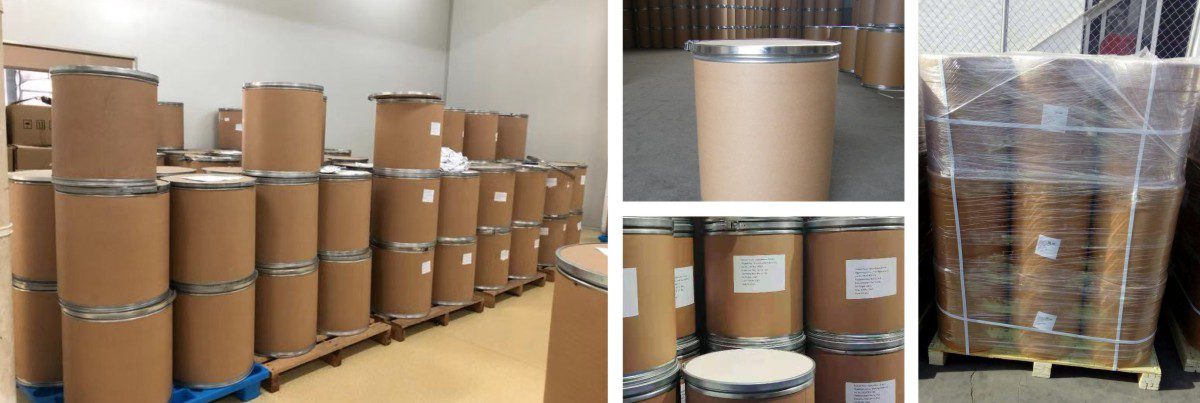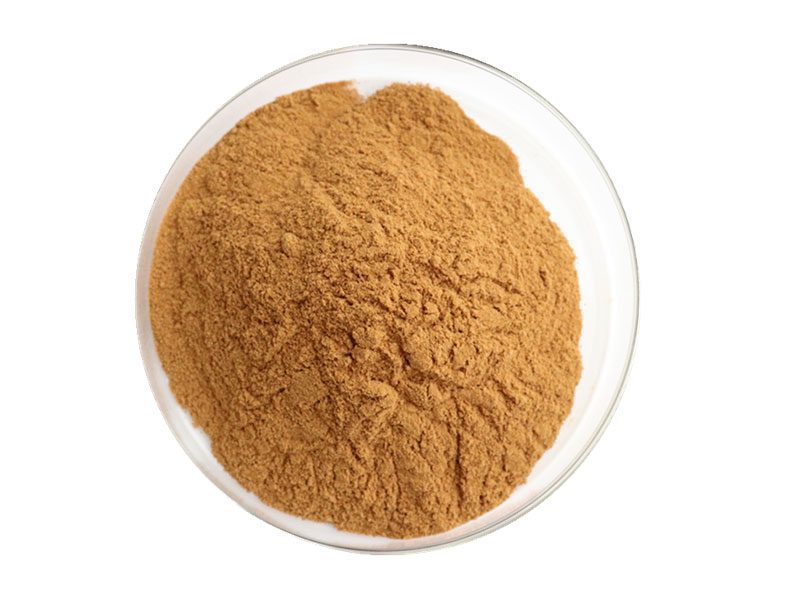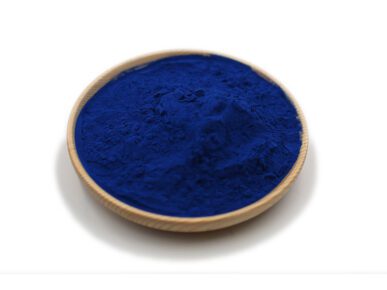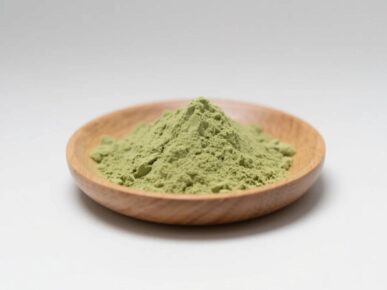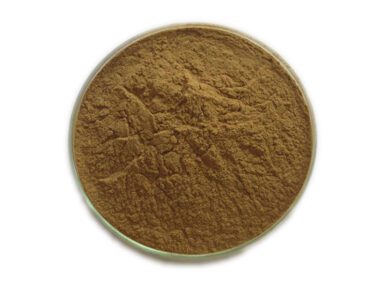Table of Contents
White tea comes from the buds and leaves of the Chinese Camellia sinensis plant. The leaves and buds are allowed to wither in natural sunlight before they are lightly processed to prevent oxidation or further tea processing.
White tea (along with other teas) is derived from the Camellia sinensis plant and contains polyphenols, a phytonutrient that is thought to be responsible for the tea’s health benefits.
White tea contains high levels of catechins, some of which reduce the occurrence of atherosclerotic plaques and the severity of strokes and prevent cancer in non-human studies.
Benefits
Anti-bacterial
Anti-radiation
Removing radicals and anti-aging
Reducing blood pressure, blood sugar, blood lipids
Improve immunity
Packing
